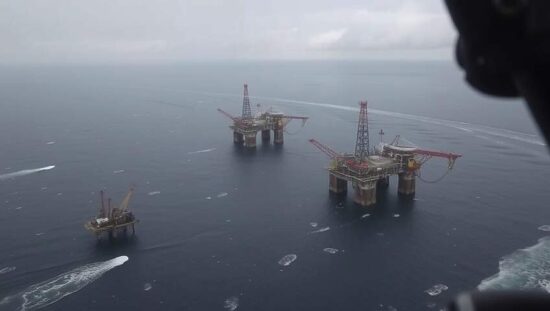A significant oil discovery off Poland’s Baltic coastline, made by the Canadian firm CEP, appears to partially involve German energy resources. According to Mecklenburg-Vorpommern’s Minister for Economy, Infrastructure, Tourism, Labour, Wolfgang Blank, the deposit lies within the territorial waters of both countries. He indicated that it is highly probable the “oil field” corresponds to the “Heringsdorf” deposit, which was drilled during the era of the German Democratic Republic.
CEP’s findings estimate reserves of 200 million barrels of oil equivalent – a volume exceeding that of Germany’s largest offshore oil field, Mittelplate in the North Sea.
The German Ministry confirmed that Neptun Energy Deutschland GmbH holds the mining rights for the Heringsdorf deposit on the German side. Currently, no specific plans related to the Polish exploration activities have been released.
The situation raises the possibility of Germany asserting a claim for participation, given that Poland appears to be utilizing a cross-border energy deposit. Previous instances of this nature have occurred. For example, the Dutch energy company One-Dyas recently tapped into a natural gas field in the North Sea near Borkum, which extends into German waters. As a result, Germany receives a share of the resulting revenue.
This framework is governed by a recently signed Unitarization Agreement between the governments of the Netherlands and Germany, which came into effect at the beginning of July. The agreement details procedures for investigating and allocating cross-border gas reserves, addressing taxation and outlining the levies-or production duties-that would be directed to the state of Lower Saxony for the German portion of the field.





